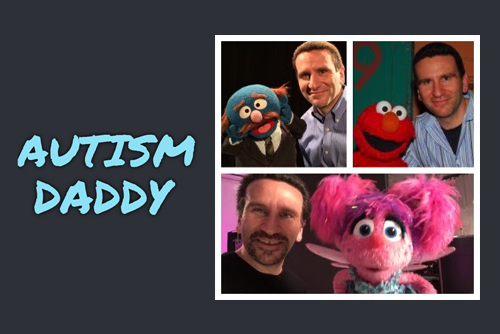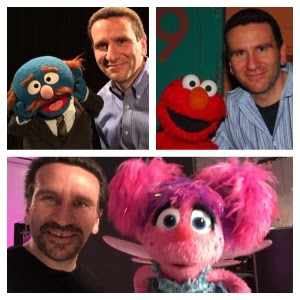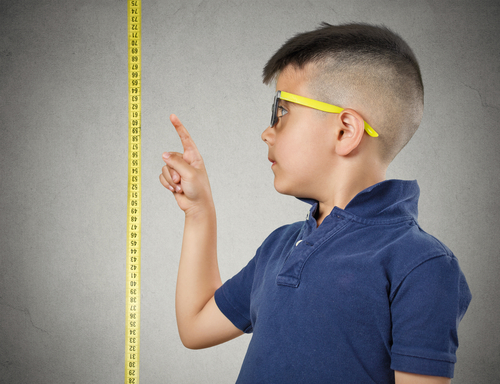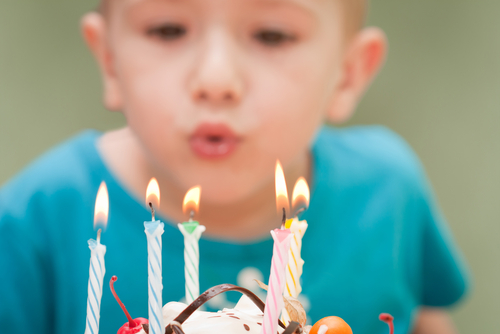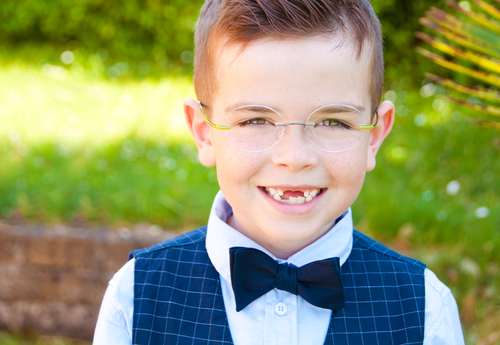I Get Lonely – by an Autism Mom.
I am not sure about you, but I get lonely. It’s not easy to admit, but it’s true. It’s hard not to get lonely when the normalcy of the world seems to flow around you. Now don’t get me wrong: I love my family and I love my life. I have the two most amazing sons in the world who live daily with challenges due to autism. I wouldn’t trade them for the world. However, due to their special needs, our life has had to change dramatically and, truth be told, it’s not an easy life.
The life that once was does not exist anymore because of autism. I don’t necessarily need to get into every detail of how our life has changed. If you are raising a child with autism, you already know. You know that going out to eat is impossible. You know all about being a prisoner in your home—the sleepless nights, the meltdowns, the judgments that come your way, and so forth.
As parents of children with autism we adapt to our “new normal” and live our life the best that we can. As I like to say, “It is what it is.” You adjust; move forward while helping your children fight their daily battles. However, even if we don’t like to admit it, we get lonely in our new normal.
Before you know it, it has been months—if not years—since you sat down and ate in a restaurant. You may not even remember when was the last time that you went out with your friends and laughed so hard that you peed your pants. Better yet, when was the last time that you’ve even seen your friends? When was the last time you were able to talk to a friend on the phone? The list goes on and on. The point is, if you’re like me, your life took a totally different direction when autism entered it and you have never been able to look back.
Even though you love your children and love advocating and fighting for them, your journey may get lonely. You may not feel lonely all the time, but you are lonely. The loneliness can come out of nowhere. You may happen to look out your front window on a Saturday night and see your neighbors pile into their van and head out as a family to take part in what appears to be a fun, family function. The loneliness may come when you log onto Facebook at 2:00 a.m. because your son isn’t sleeping. As you log on you see nothing but pictures of the life that was supposed to be yours, the “normal” life. The loneliness comes and goes and you just never know when it’ll hit you.
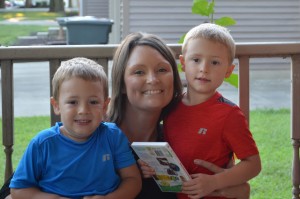 At times you feel so separated from the world that you’re not so sure you fit in anymore. Autism has made you grow and change in so many different ways. Even when you’re surrounded by loved ones, you still feel lonely. The conversations that surround you are full of regular school, t-ball, sports, and the newest entertainment shows that are rocking the world and, before you realize it, you’re lonely. You have no clue what they are talking about because your days are full of therapy, special education, Baby Einstein, potty training for the sixth month in a row, and all the other latest scientific research that’s proving to be a hit in the autism world.
At times you feel so separated from the world that you’re not so sure you fit in anymore. Autism has made you grow and change in so many different ways. Even when you’re surrounded by loved ones, you still feel lonely. The conversations that surround you are full of regular school, t-ball, sports, and the newest entertainment shows that are rocking the world and, before you realize it, you’re lonely. You have no clue what they are talking about because your days are full of therapy, special education, Baby Einstein, potty training for the sixth month in a row, and all the other latest scientific research that’s proving to be a hit in the autism world.
So what do you do? You hide that loneliness.
Even though we are lonely, we learn how to hide it quite well. We fight through it and move on with the world as it moves on. Sure, there will always be times when it is hard, but we adapt. We hide our loneliness behind our smiles and embrace each day for what it is. After all, not everyone can raise a child with autism. Not everyone gets the chance to raise an angel in disguise. We may be lonely but we have our children and we have each other. I am not sure I could get through this journey without knowing that there are other parents of kids on the spectrum that are fighting the same fight as I am.
——————————————————–
Angela and her family reside in Terre Haute, Indiana, where they moved to get more help for her son with severe autism. She was born and raised in a small town in southern Illinois where her love for animals and helping others blossomed.
She enjoys sharing the honest and real side of autism through her writing. Her writing may not apply to every family with a child with autism, but it is sure to apply to the families raising children on the severe end of the spectrum.
To read more of Angela’s journey please visit her website or like her Facebook page.



 As a child growing up back in the day, I took for granted the fact that I always had lots of pets around the house. We always had a family dog and I had my own rabbit that was my responsibility to care for. Now I am older I realize how lucky I was back then, and actually how much my pets helped me learn about life. A love for animals is something that I have always carried with me, and when we had kids it was really a no-brainer that we too would have a house full of animals like I did when I was little.
As a child growing up back in the day, I took for granted the fact that I always had lots of pets around the house. We always had a family dog and I had my own rabbit that was my responsibility to care for. Now I am older I realize how lucky I was back then, and actually how much my pets helped me learn about life. A love for animals is something that I have always carried with me, and when we had kids it was really a no-brainer that we too would have a house full of animals like I did when I was little.


